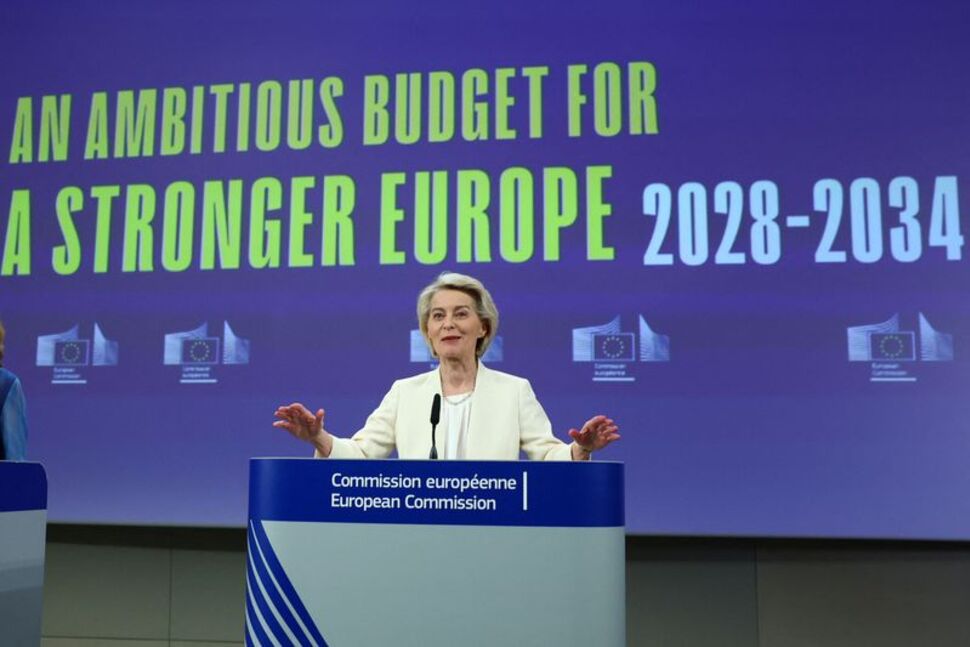Currently, a controversial discussion is taking place concerning the EU budgetary framework for the period 2028-2034. This topic will certainly be a key priority in the coming months, which coincide with the Cyprus Presidency of the Council of the European Union (January-June 2026), and will serve as an important policy instrument for dealing with the contemporary multiple challenges facing Europe.
The main issues to be addressed include: security issues, given the continuing wars in Ukraine and Gaza, the escalating trade tensions primarily affecting open economies such as the EU, limited progress in further advancing the fiscal, banking and capital markets union, competitiveness issues resulting from Europe’s underperformance in leveraging advanced technology compared to the US and China, the impact of climate change, control of migration flows and the social integration of foreigners residing legally in the EU and the envisaged EU enlargement towards Ukraine and the Balkans.
The European Commission, within the framework of its responsibilities, submitted a draft with a total budget of €2 trillion, or 1.26 per cent of GDP, which is substantially higher compared to previous periods. A key new element is the establishment of a dedicated competitiveness fund, intended to implement the findings of the Draghi report in order to enhance competitiveness in cutting-edge sectors, mainly through sharply increasing public investment and providing incentives for private investment.
Increased spending is also planned for strengthening defence, as well as for the protection of external borders, aiming to combat illegal immigration. Planned spending on mitigating climate change is particularly controversial, with several countries and political parties advocating for the adoption of less ambitious targets.
The European Commission highlights the need to strengthen its financial resources and, to this end, proposes a series of new revenue measures, for which discussions are expected to be difficult.
In parallel, the European Commission is putting forward an ambitious regulatory simplification agenda. Following the model of the decentralised approach adopted in the context of financing the Resilience and Recovery programs to address the pandemic, the draft provides for the formation of budgets to cover the needs of regional and social development for each EU member state separately. Funding will be granted based on the achievement of predefined quantitative criteria, a process that represents a simplification compared to existing evaluation procedures.
Reactions to the draft budget are mixed, with several countries—notably Germany—expressing serious objections, mainly concerning the substantially increased size of the proposed budget. Finding a compromise will certainly be a challenge, and the Cyprus Presidency must undertake every effort to achieve a commonly accepted solution.
A possible compromise proposal could be a smaller budget increase than proposed, with a simultaneous restructuring and concentration of spending on strengthening security and technology, as well as supporting the envisaged EU enlargement to Ukraine and the Balkan countries.
Andreas Charalambous and Omiros Pissarides are economists and the views they express are personal







Click here to change your cookie preferences